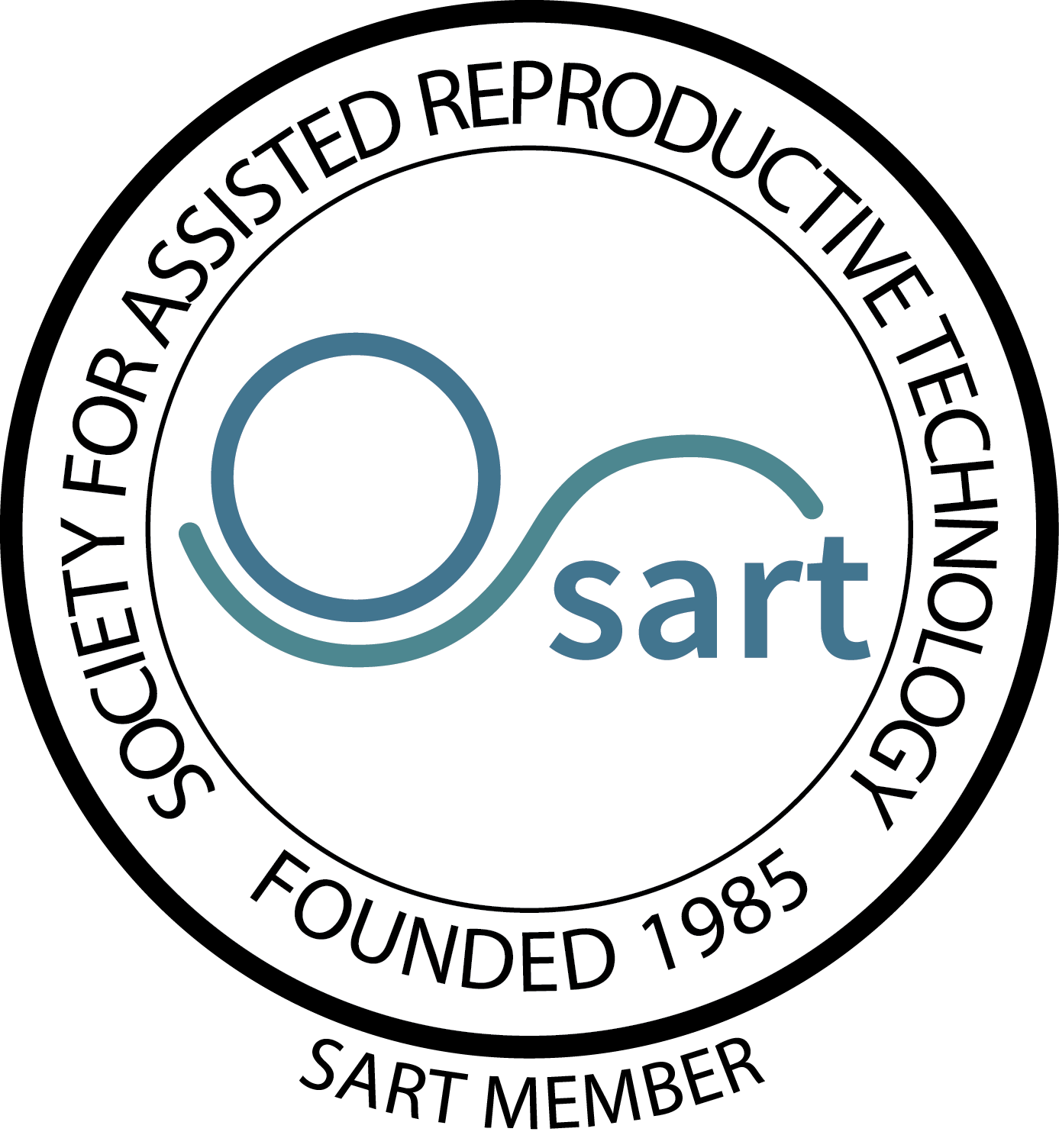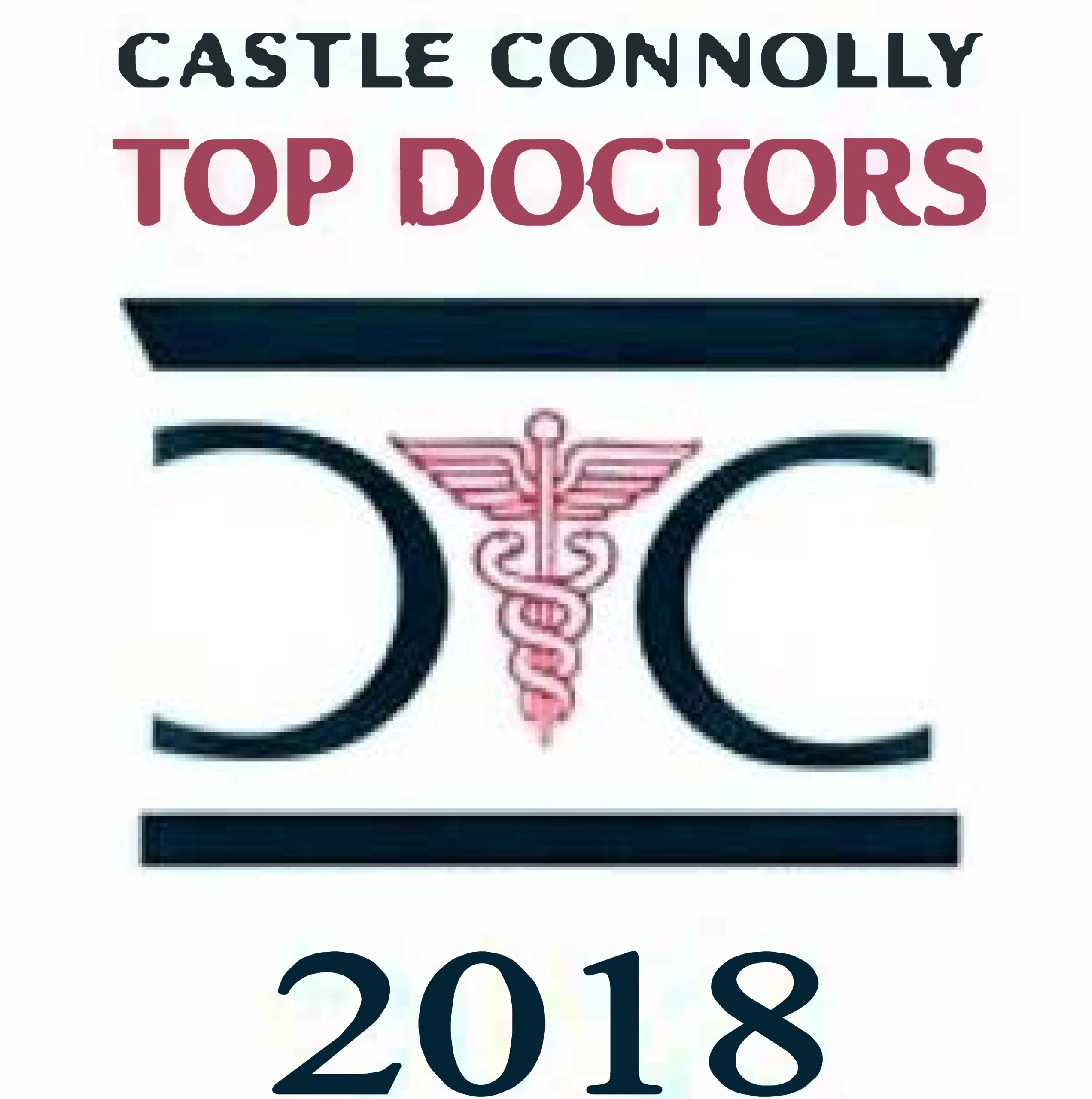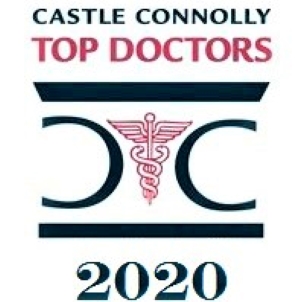Embryo Donation: An Alternate Path to Parenthood
Since the 1980s, couples undergoing in vitro fertilization (IVF) have had the option to freeze excess embryos and keep these embryos in storage until they are ready to be used for attempting a pregnancy. For many couples, however, IVF is successful on the first or second embryo transfer, and couples are left with their family size goal met along with excess “left over” embryos. If the genetic parents decide that their family is complete but still have frozen embryos available, they are faced with several options: discarding the embryos altogether, allowing embryo testing for scientific research purposes, or donating the embryos to a couple who is unable to conceive.
It is currently estimated that more than 300,000 “excess embryos” currently exist in the United States. The disposition of these embryos, from a practical, legal, and ethical viewpoint, has created challenges. One solution that is being increasingly used for excess embryos in cryo-storage has been to donate them to couples desiring pregnancy who for financial, ethical, religious, or medical reasons opt not to pursue IVF using their own sperm and/or eggs. However, the increased visibility of embryo donation has led to many states enacting legislation specifically addressing this practice. The state of Tennessee recently passed such legislation that came into effect July 1, 2013 (Chapter 309, SB0473), establishing a procedure for relinquishing rights related to an embryo.
Opportunities for Embryo Donation
Embryo donation offers many couples the opportunity to carry and deliver a pregnancy without using their own eggs or sperm and without much of the financial expense associated with an IVF cycle. For many couples, this may be the only feasible option for pursing having a family other than traditional adoption. Additionally, some couples feel an ethical responsibility to “find a home” for the thousands of “orphaned” embryos that currently exist in cryobanks.
Potential Challenges with Embryo Donation
The most obvious drawback to embryo donation is that the child will not harbor any genetic contribution from the birth parents. For many couples, this is a considerable issue. Another growing concern is the legal framework of embryo donation itself. Unlike donation of single gametes (eggs or sperm), a fertilized embryo is often viewed as a different legal entity. Indeed, the language of many statutes that specifically address embryo donation refers to the practice not as “embryo donation” but “embryo adoption.”
Many interpret the use of the word adoption, instead of donation, as drawing a parallel with traditional adoption and the process of embryo donation. In a legal environment nationally where the pendulum of parental rights in traditional adoption has generally swung toward expanding the rights of the genetic parents for the past several decades and away from adoptive parents, such parallels may generate concern among couples considering embryo donation.
At Fertility Associates of Memphis, we are constantly evaluating possibilities for a more active role in the process of embryo donation. However, we are currently in the process of exploring various options in this regard given the constantly changing landscape of option for family building. If you’d like to know more about embryo donation, please contact our office at 901-747-2229.








